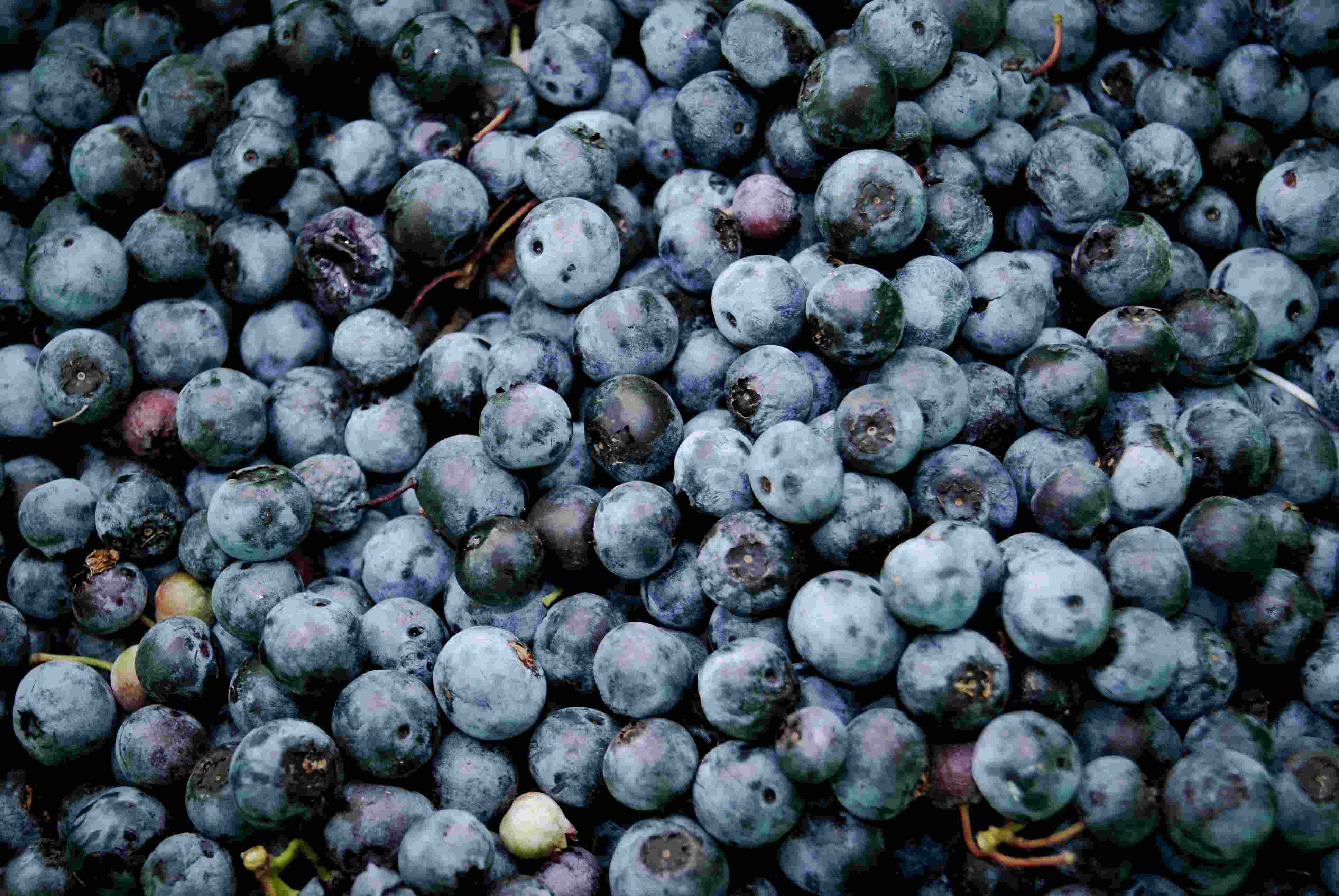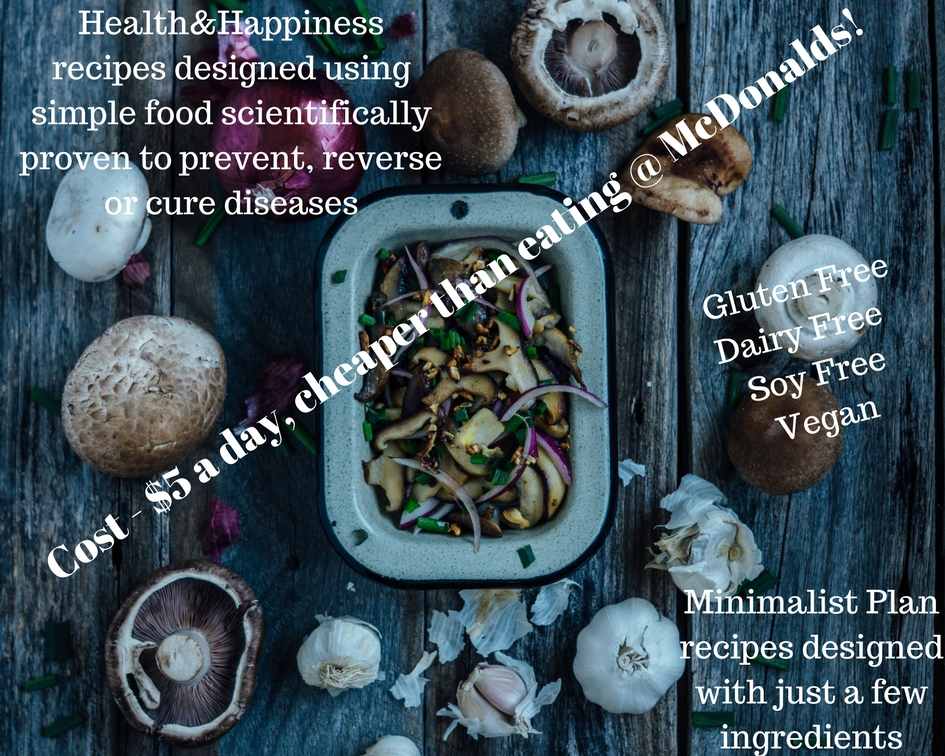
Why Food?
pH α B α FW
pH is Physical Health, B is Blood, FW is Food and Water
Human body is a composition of trillions of cells and in order for the body to be healthy, the underlying cells have to be healthy. Cells are the foundation of the human body, and therefore, health begins at the cellular level. So, how do we make our cells healthy? Blood is the carrier of nutrients (raw materials) that are needed to nourish the cells and blood is created by the food and water we consume. When we consume food and water of high quality our overall health improves, and when we consume food and water of lower quality our overall health declines. You see, Food is the most essential component of life. It provides the raw material or nutrients that the body (and the underlying cells) needs in order to be healthy and happy. There are essentially 2 major components of food;
- Macronutrients - All of the calories or energy in the food comes from macronutrients such as fats, carbohydrates and protein
- Micronutrients - All of the vitamins, minerals, antioxidants and phytonutrients come from the micronutrient component of food.
Both of the above components are required to maintain a healthy and happy body and as a result we should always strive to eat foods that provide a sufficient amount of macro and micronutrients depending on our activity level. Lets explore simple Going Yogue food principles for health & happiness.
- Health begins in the Gut - Bacteria and other microbes in our body outnumber our own cells by about ten to one, and the Gut houses 70 percent of the immune cells (See Gut and Immunity). Additionally, the Gut also performs the most important job of human physiology, which is Metabolism, which includes breaking down food, absorbing nutrients, keeping out toxins and producing nutrients. So how do we keep our Gut healthy? Eat Fiber rich whole foods. Fiber is the food (prebiotic) for the good bacteria in the gut also known as probiotics.
- Eat enough macronutrients (calories or energy) from whole food (unrefined and unprocessed) sources such as whole grains and legumes
- Get all your micronutrients (vitamins and minerals) and Antioxidants from fruits and vegetables and not supplements. The natural antioxidants in food work synergistically; it’s the combination of many different compounds working together that tends to protect you, not high doses of single antioxidants found in supplements
- Eat healthy fats and essential fatty acids (EFAs) such as a tablespoon of ground flaxseeds or a handful of nuts such as almonds or walnuts everyday. EFAs provide numerous health benefits including better immune function, reduced incidence heart disease and stroke, relief from the symptoms associated with ulcerative colitis, menstrual pain, and joint pain among others
- Eat Vitamin B12 fortified foods such as inactive Nutritional Yeast, fortified almond, coconut, hemp or rice milk.
- Get Vitamin D from Sun - Go outdoors and expose yourself to the Sun for at least 15-30 minutes everyday. Vitamin D is necessary for the absorption of Calcium, a mineral required to maintain optimal bone health and reduce the risk of Osteoporosis overtime
- Eat when you are hungry and eat until you are satisfied - Digestion is the most resource intensive process in a human body. More than 70% of body's energy is spent on digestion so the fewer meals we eat the better. Once you transition to eating unprocessed, unrefined whole foods the need to consume food or snack in between meals will reduce drastically.
- Eat simple "fewer food items" meals- What happens when we try to multi-task? The quality of every task involved in the multi-tasking process suffers. The same is true for food, when we combine too many food items in one meal, the overall quality of digestion suffers and this results in undigested food particles in the body that ferment overtime leading to putrefaction and acidity or inflammation (lack of oxygen) that compromises immunity and leads to chronic health conditions such as Arthritis, Diabetes, Heart Diseases among others.
- Drink water between meals - If you drink water or any other fluid during meals, it dilutes stomach acids and impairs digestion so stick to drinking water between meals.
The meal plan below has been designed based on the Going Yogue Food principles discussed above. It's naturally Gluten free, Soy free, Dairy Free and Vegan. Have fun experimenting with recipes for health & happiness!

